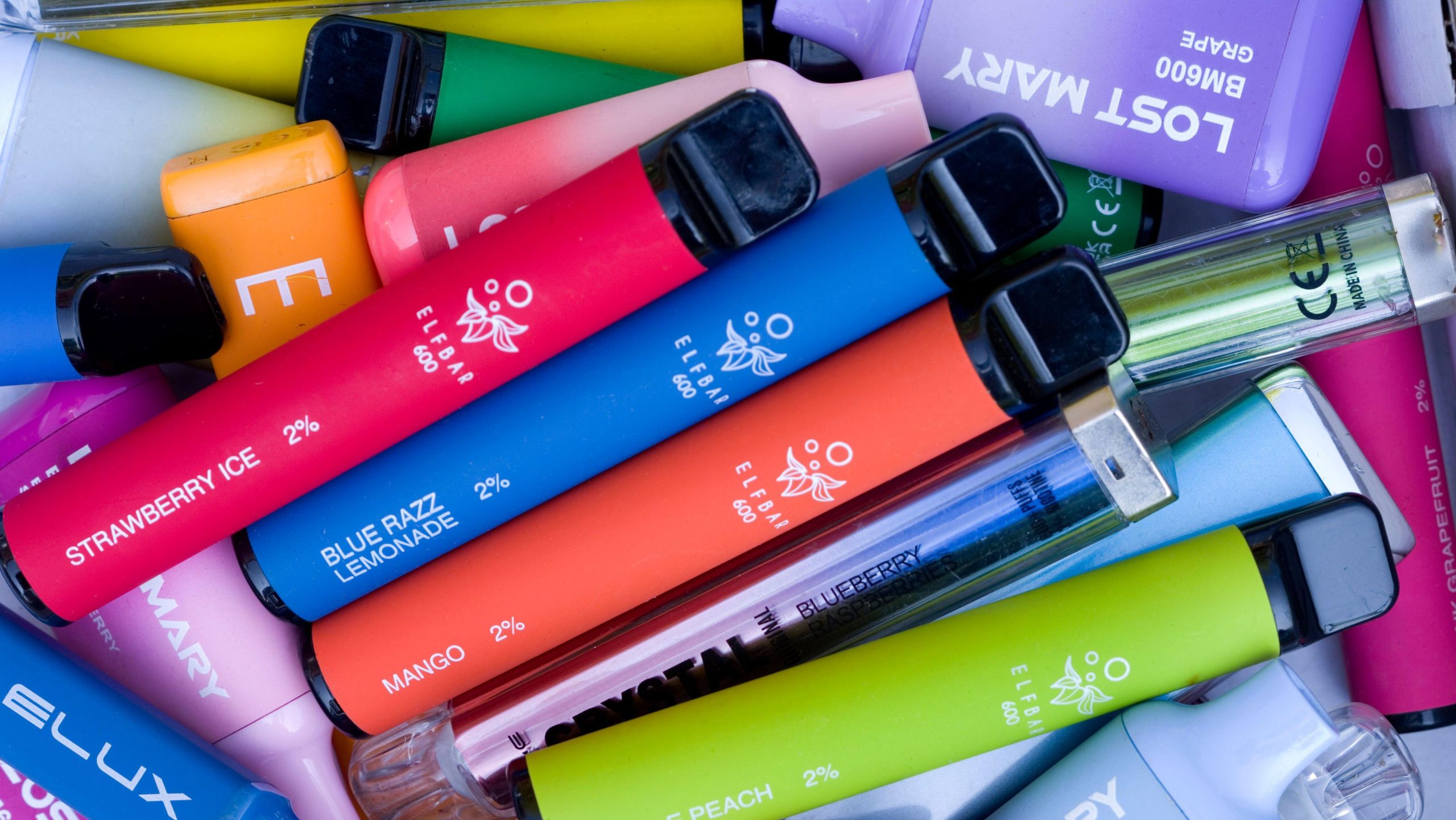With regards to managing mental health symptoms with Delta 8 edibles, people might contemplate whether specific strains or formulations offer more prominent effectiveness. While Delta 8 THC is the essential cannabinoid in these items, different factors like terpenes and extra cannabinoids may impact their remedial impacts. The Delta strains or formulations of delta 8 gummies are more effective for managing mental health symptoms.
Terpene Profiles
Terpenes are fragrant mixtures found in weed and different plants that add to their flavor and smell. They likewise assume a part in the restorative impacts of marijuana items, including Delta 8 edibles. A few terpenes have been related with temperament improvement, stress help, and unwinding, making them possibly gainful for managing mental health symptoms. For instance, strains high in the terpene limonene might offer elevating and mind-set helping impacts, while strains high in myrcene may advance unwinding and sedation.
Indica versus Sativa versus Mixture
Marijuana strains are often categorized as indica, sativa, or crossover, in light of their hereditary attributes and purported impacts. While these qualifications are to some degree erratic and may not precisely anticipate individual reactions, a few people observe that specific strains or sorts of Delta 8 edibles are more effective for managing specific mental health symptoms. Indica-prevailing strains are often connected with unwinding and stress alleviation, making them possibly gainful for people with tension or sleep deprivation.

Full-Range versus Seclude
One more thought while picking Delta 8 edibles for mental health the board is whether to decide on full-range or seclude formulations. Full-range items contain an extensive variety of cannabinoids, terpenes, and other phytonutrients got from the marijuana plant, while confine items contain just unadulterated Delta 8 THC.
Individual Inclination and Preliminary
Eventually, the best strain or formulation of delta 8 gummies for managing mental health symptoms might fluctuate from one individual to another. It’s fundamental to think about private inclinations, individual reactions, and experimentation while choosing Delta 8 edibles for mental health support. Trying different things with various strains, formulations, and doses can assist people with tracking down the best and charming choices for their specific requirements and inclinations. Furthermore, talking with a healthcare professional or marijuana expert can give important direction and support in choosing the right Delta 8 edibles for mental health the board.
















